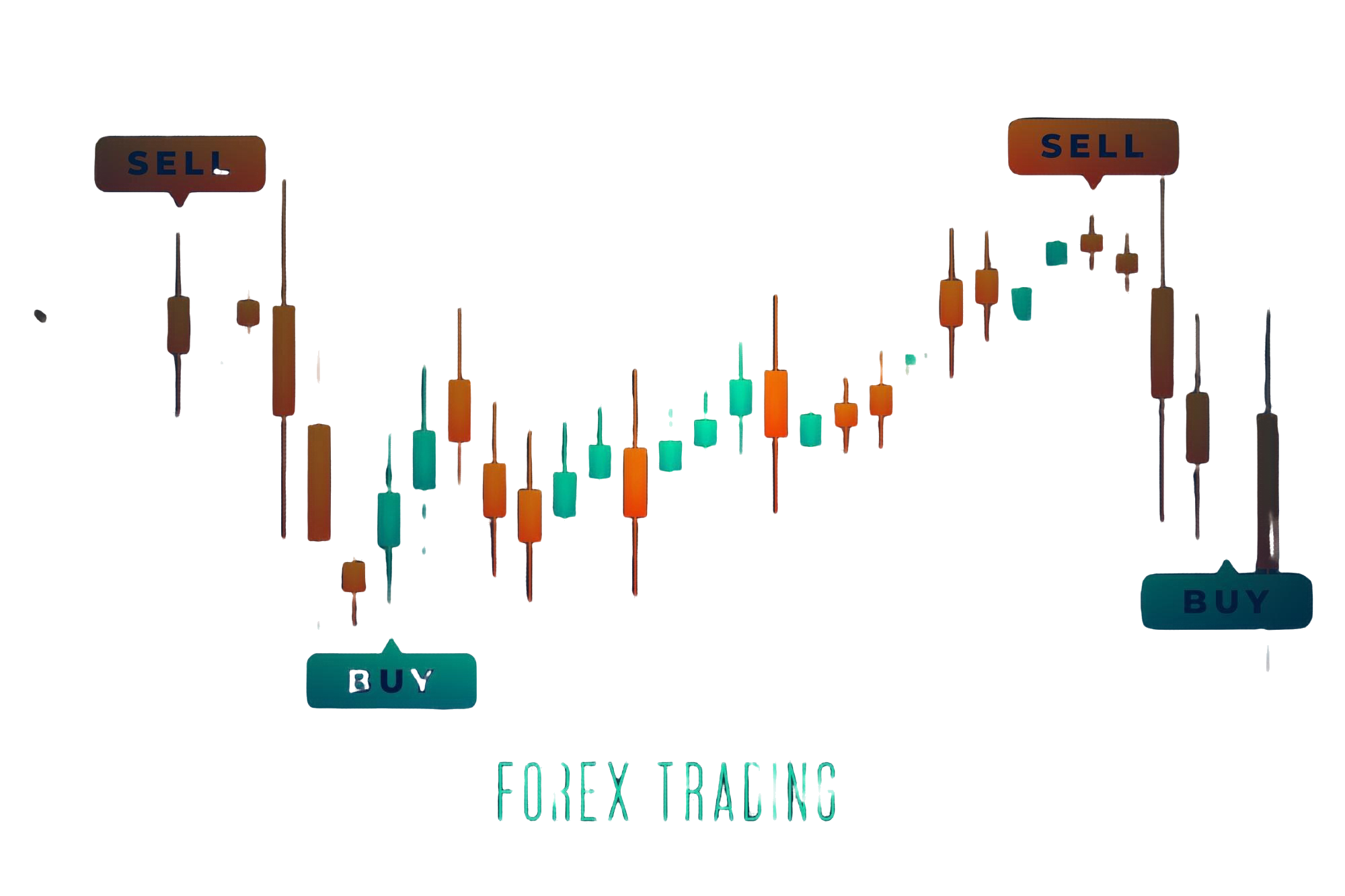
The Ethics of Automated Forex Trading via APIs
Introduction
Automated forex trading has transformed financial markets, offering traders and institutions increased efficiency, speed, and accessibility. With the rise of APIs facilitating seamless algorithmic trading, ethical concerns surrounding transparency, fairness, and regulatory compliance have become increasingly relevant. This article explores the ethical considerations of automated forex trading via APIs and how market participants can navigate these challenges.
The Role of APIs in Automated Forex Trading
Enhancing Market Access
APIs enable traders to integrate real-time forex data into their platforms, execute trades automatically, and analyze market trends efficiently. This accessibility benefits both retail traders and large financial institutions by ensuring faster trade execution and reduced latency.
Improving Trading Efficiency
By leveraging APIs, traders can deploy sophisticated algorithms that execute trades based on pre-defined criteria. This minimizes human error, optimizes strategies, and ensures transactions occur at precise market conditions.
Ethical Considerations
While APIs offer numerous advantages, their use in automated trading also raises ethical concerns. The ability to execute large volumes of trades within milliseconds has the potential to create market imbalances and impact liquidity distribution.
Ethical Concerns in Automated Forex Trading
Transparency and Fairness
One of the primary ethical challenges in API-driven trading is transparency. Some automated strategies, such as high-frequency trading (HFT), may give institutional traders an advantage over retail investors. This raises concerns about market fairness and equal access to trading opportunities.
Market Manipulation Risks
APIs enable traders to place and cancel orders within fractions of a second. In some cases, unethical practices such as “spoofing”—placing fake orders to manipulate prices—can disrupt market integrity. Regulatory bodies actively monitor such activities, but traders must also adopt responsible trading practices.
Data Privacy and Security
Automated trading systems rely on real-time data to execute trades effectively. However, the handling of sensitive financial data raises concerns about privacy and security. Traders and financial institutions must ensure that API providers adhere to robust data protection measures to prevent unauthorized access and breaches.
Regulatory Considerations
Compliance with Trading Laws
Regulatory bodies worldwide have implemented guidelines to ensure ethical automated trading. Traders and institutions using APIs must comply with regulations set by authorities such as the U.S. Securities and Exchange Commission (SEC) and the European Securities and Markets Authority (ESMA).
The Role of Financial Institutions
Financial service providers must ensure their APIs comply with international financial laws, preventing misuse for illicit activities such as money laundering or market manipulation. Implementing ethical API usage policies fosters trust and credibility in the financial ecosystem.
Promoting Ethical API Usage in Forex Trading
Responsible Algorithm Design
Developers must design trading algorithms that prioritize fairness and market integrity. Ethical AI-driven trading models should avoid manipulative tactics and focus on executing trades based on legitimate market indicators.
Increased Transparency
API providers and brokers should enhance transparency by offering clear documentation on trading functionalities, data handling, and risk management practices. Ensuring open communication with clients can prevent potential ethical dilemmas.
Ethical Trading Practices
Traders must adopt ethical trading practices by complying with regulations, avoiding exploitative strategies, and using APIs to improve efficiency rather than manipulate markets. Promoting responsible trading contributes to a more stable and reliable financial environment.
Conclusion
APIs have significantly advanced forex trading by enabling automated execution and real-time data integration. However, ethical considerations such as transparency, fairness, market integrity, and regulatory compliance remain crucial in ensuring responsible trading. By adopting ethical trading practices and adhering to regulatory standards, traders and financial institutions can maintain trust and integrity in global forex markets.
Register on insightease and get Free APIs.




One thought on “The Ethics of Automated Forex Trading via APIs”
Comments are closed.